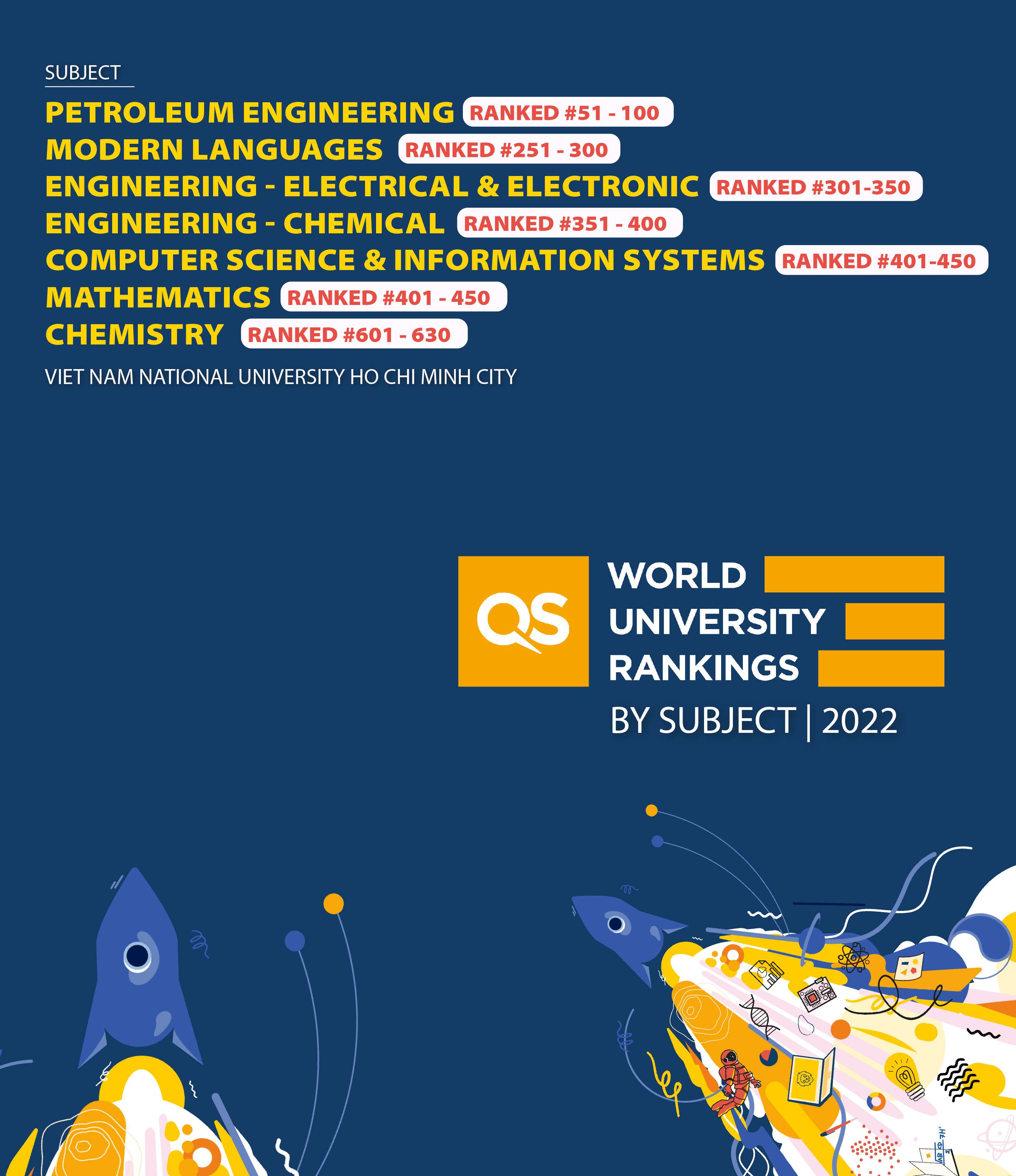Tên luận án: Scale development for consumer cosmopolitanism in emerging market: A study in Vietnam
Họ và tên nghiên cứu sinh: Phạm Thái Ngọc
Student ID: PBAIU17003
Ngành: Quản trị kinh doanh
Cán bộ hướng dẫn: PGS.TS. Nguyễn Như Tỷ, TS. Phạm Hồng Hoa
Cơ sở đào tạo: Trường Đại học Quốc tế, Đại học Quốc Gia TP. HCM
Tóm tắt luận án:
Theoretically, this dissertation has significantly contributed to marketing theory, which is specified in each phase of research. The dissertation pointed out research gaps around the concept of consumer cosmopolitanism in the current literature review, including conceptual nature, underlying theory, and existing measurement scales that need to be extensively resolved. To achieve the research objectives, three studies designed as explanatory sequential mixed methods were conducted to uncover, develop, and suggest a sound psychometric scale for Vietnamese young cosmopolitan consumers. The first quantitative research indicated the limitations of the three-widely employed scale of consumer cosmopolitanism, including: (1) the COS (Cleveland et al., 2009); (2) the C-COSMO (Riefler, Diamantopoulos, & Siguaw, 2012); and (3) the CCOS (Lawrence, 2012). Empirical results highlighted a need for a new scale since there was none of the available indicators that gained an accepted thresthold for reliability and validity. The first quantitative research benefited the dissertation on how the concept of consumer cosmopolitanism should be defined and how the construct should be operationalized to minimize problematic scale properties. The qualitative research formally and successfully developed a measurement scale reflecting the extent of the cosmopolitan consumer in the context of the emerging market. The CCOMO scale is constructed and validated through a multiple-test and procedure suggested by noted scale development researcher DeVellis (2016). The newly scale is argued to better capture the degree of Vietnamese young cosmopolitan consumers according to current emerging globalizations and digitalizations. The CCOMO proves the existing limitations of consumer cosmopolitanism have been academically solved and provides practitioners a more reliable tool to target the segment. The second quantitative research again validated the CCOMO scale in two specific contexts (e.g., technology adoption and green behaviors) and hypothesized its nomological relationships. The studies also empirically confirmed the validity for the two underlying theories in consumer behaviors consisting of the attitude formation in the context of green consumption and the extended TAM theory in times of global-heath crisis
Methodological contributions
From a methodological perspective, the study has adopted pragmatic worldview as its research approach and successfully proved the appropriateness of research design. The explanatory sequential mixed method is employed to solve research objectives emerging during the research process. Two quantitative researches have been carried and achieved their objectives by following procedure designed by Creswell & Creswell (2017). Research methods are believed to accomplish their roles in collecting and statistically analyzing data from target respondents. In the qualitative research, the scale development and validation procedure suggested by DeVellis (2016) to build the CCOMO scale intended to capture the nature of consumer cosmopolitanism in the field of consumer research. The scale development process of DeVellis (2016) has been considered as the best practice for creating a sound instrument for a construct. The scale development process of DeVellis (2016) has been considered as the best practice for creating a sound instrument for a consumer construct. Regardless of multiple stages and steps, the process helped to ensure the validity, reliability, and stability of a newly developed scale. The main objective of each phase was strictly followed to guarantee its theoretical content and validity. As a result, the CCOMO scale provides a reliable psychometric scale to reflect the extent of cosmopolitanism in the young Vietnamese consumer market. During the process, back-translation is employed to ensure the content equivalence and minimize errors and misunderstandings. Furthermore, a series of tests were also conducted to determine the relationship between CCOMO and other relevant dimensions through reliable statistical software.
Managerial contributions
The empirical results from the dissertation not only verify the theoretical justifications of a construct but also generate insights on how a typical cosmopolitan consumer likely responds to managers' efforts to sophisticate their marketing offerings. The initial quantitative research has raises academic concerns about limitations and weaknesses occurring around scales measurement for consumer cosmopolitanism. A lack of a sound instrument calls for re-evaluations strategies from managers. Through validated studies on the CCOMO scale, the study has portrayed some highlighted characteristics of a cosmopolitan consumer. A consumer who is highly innovative, cosmopolitan, and often looks for variety in life. Triggering consumer cosmopolitanism will subsequently drive a positive attitude toward global brands and higher foreign purchase intentions. It is believed that those related consumption behaviors would help to maximize the advantages of the standardization strategy of active global companies. Thus, it is suggested that green marketing should be a strategic positioning for the cosmopolitan or global identity consumer segment because those groups of consumers tend to rank high on humanism and environmentalism values.
In the specific context of green consumers, it is confirmed that cosmopolitan consumers reflect greater pro-social behaviors in their purchasing decisions and, consequently, express more responsive green products. Online green groups not only serve as a source of social influence on consumer behaviors, but they also serve to promote green behaviors. It could be concluded that consumers will have a positive attitude when they understand the benefits that green products offer to their needs and society. Therefore, the empirical study has highlighted the role of green awareness in determining consumers' responses toward those products, and it is suggested that practitioners should take into account strategies to provide information as well as prioritize specific green segments. In the specific context of new technology adoption, experts have suggested that businesses in the hospitality and tourism industries should invest in technology together with human resources to more responsively cope with the future and ensure the goals of hygiene, cleanliness, and safety. Historical epidemic and pandemic outbreaks causing serious damage to the hospitality industry from the 21st century are listed as: (1) the severe acute respiratory syndrome (SARS) outbreak in 2003; (2) the H1N1 pandemic in 2009; (3) the Middle East respiratory syndrome epidemic (MERS) in 2012; (4) the Ebola virus epidemic in 2014; (5) and the Zika virus epidemic in 2016. Thus, technology-based solutions deserve to be invested in because they provide a feasible way to achieve contactless service when the human touch is reduced. The study further highlights that crisis communication and local restrictions serve as facilitators for consumers' adoption of new technology. Moreover, the findings have indicated that consumer cosmopolitanism would be more receptive to accepting robot-staffed hotels. As a result, it is recommended that companies start their recovery strategy on guests ranking high in their cosmopolitanism in purchasing habits.














Hãy là người bình luận đầu tiên